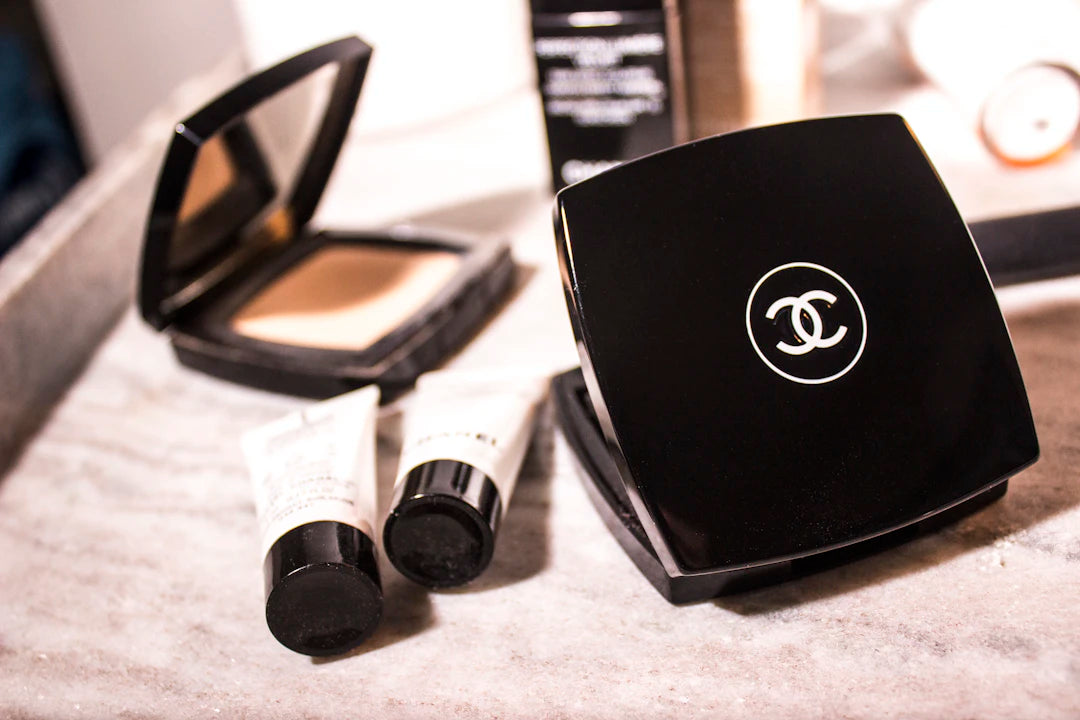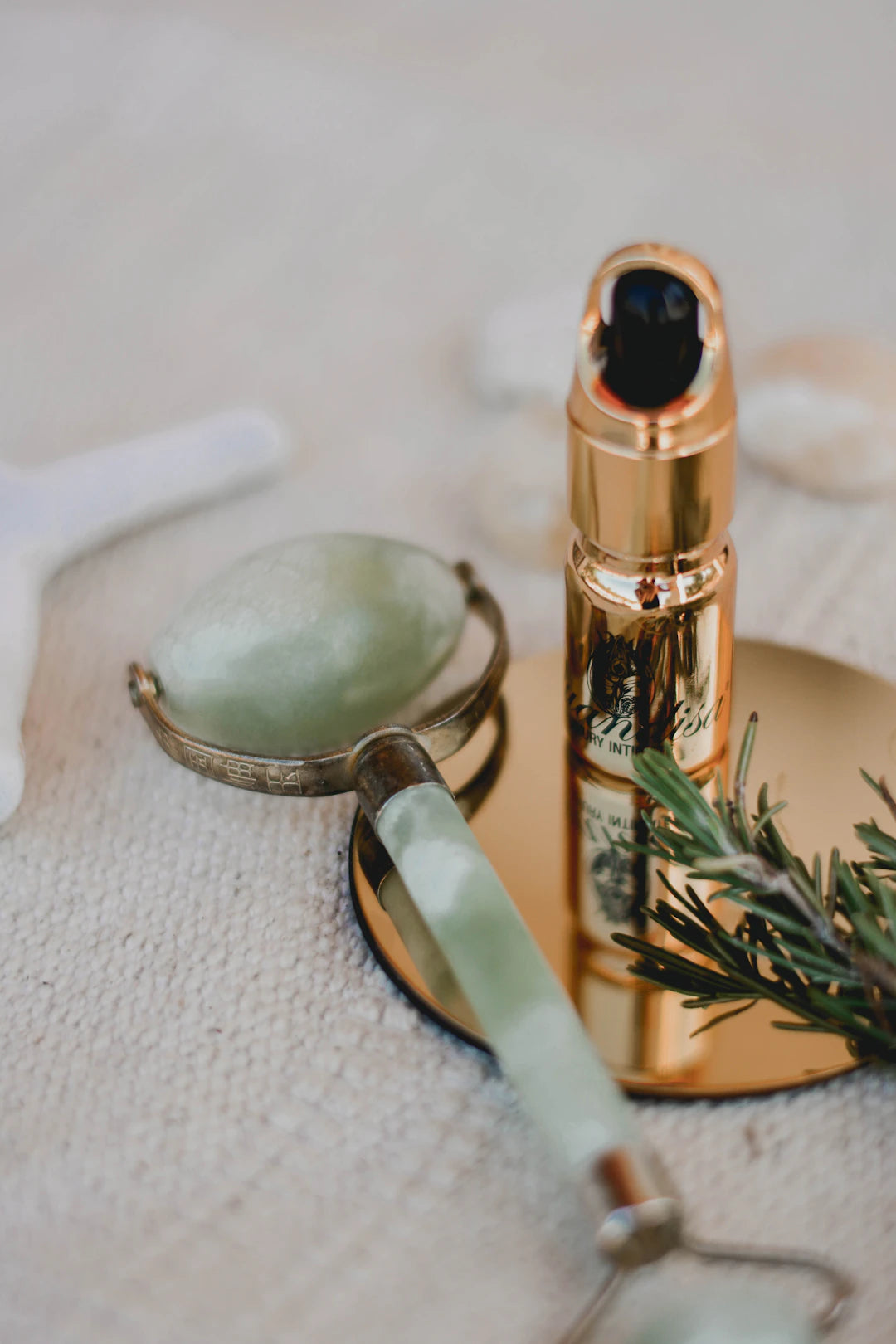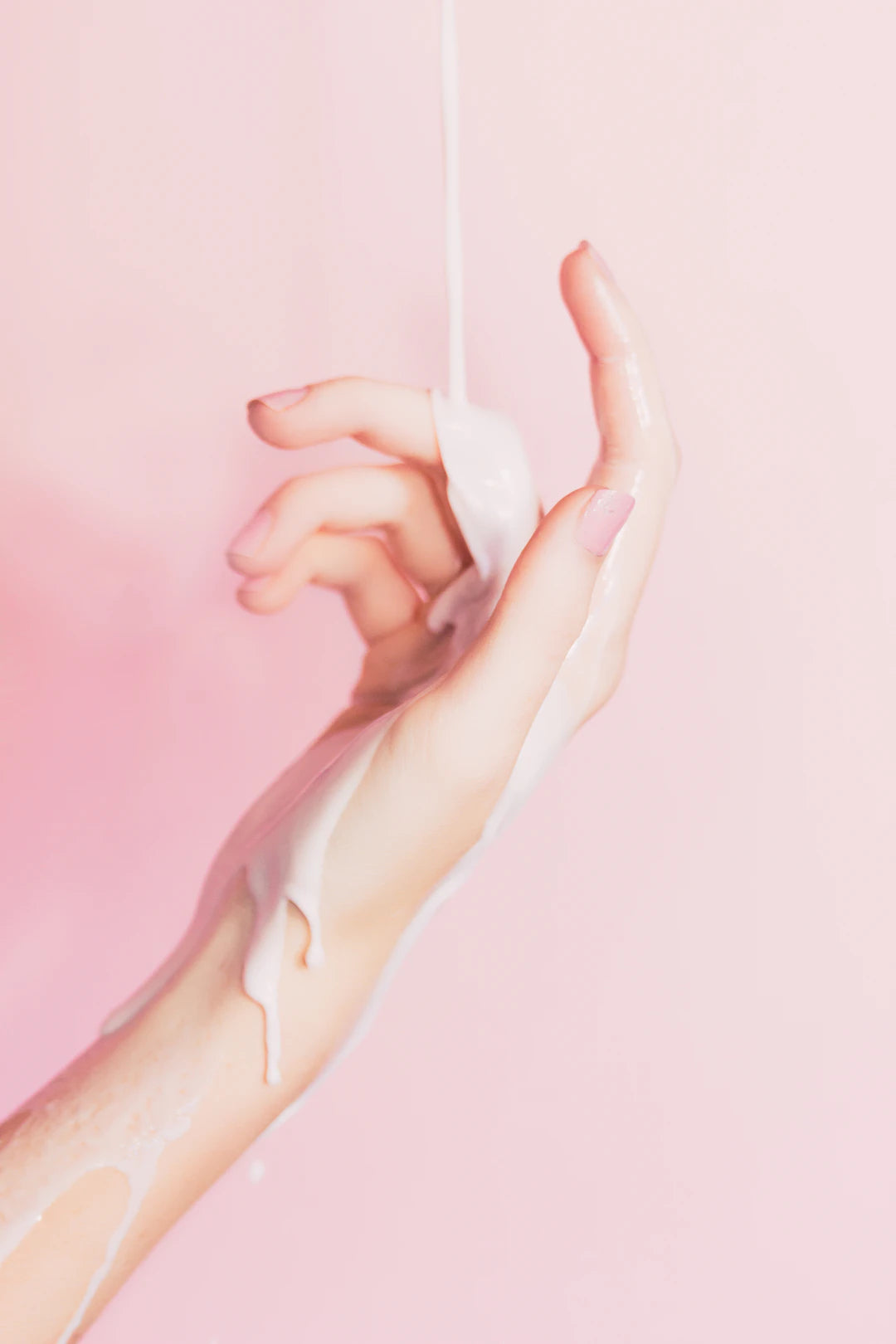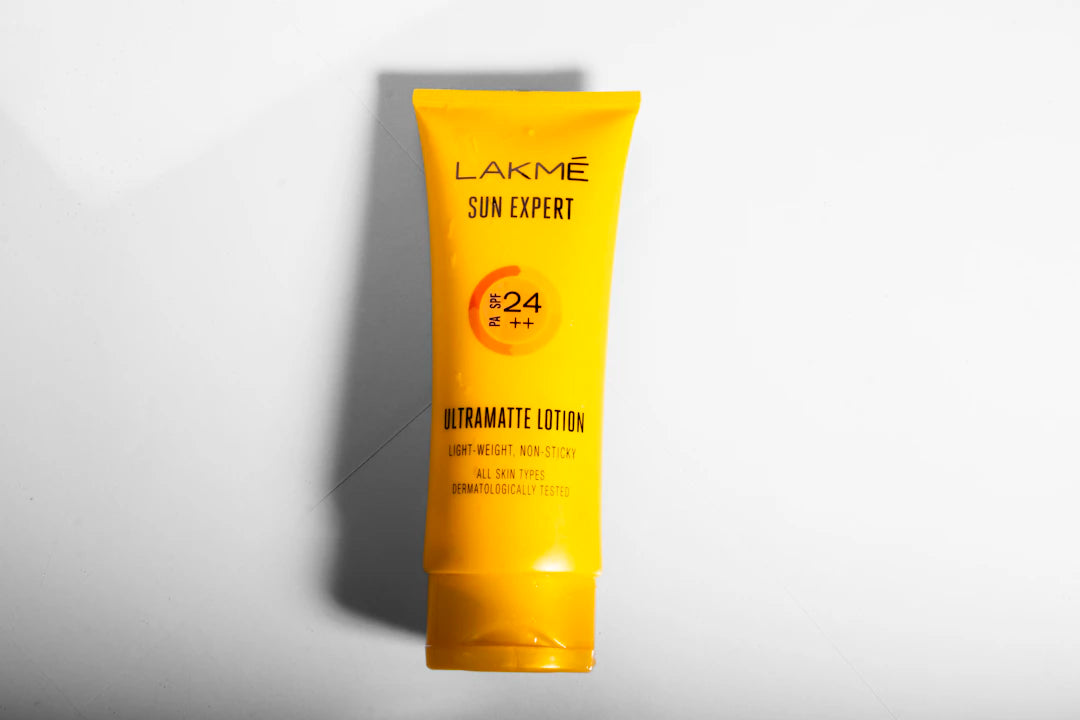Find the Perfect Moisturizer for Your Skin Type

Frequently Asked Questions
1. Why is moisturizing important for healthy skin?
2. How do I choose the right moisturizer for oily skin?
3. What key ingredients should I look for in a moisturizer?
4. How can I effectively incorporate moisturizer into my skin care routine?
5. What should I avoid when choosing a moisturizer?
When it comes to achieving and maintaining healthy skin, choosing the right skin moisturizer is essential. A quality moisturizer can provide hydration, replenish your skin's natural barrier, and enhance the effects of your skin care routine. However, with so many options available on the market, it can be overwhelming to select the best formula for your unique skin type. In this article, we will explore various types of moisturizers, ingredients to look for, and how to tailor your choice to match your skin's specific needs.
The Importance of Moisturizing
Moisturizers play a crucial role in our daily skin care routine. They help to:
- Maintain skin hydration
- Prevent moisture loss
- Provide a protective barrier against environmental stressors
- Improve skin texture and elasticity
Regardless of your skin type—oily, dry, combination, or sensitive—incorporating a moisturizer into your routine can have transformative effects on your complexion.
Finding the Right Moisturizer for Your Skin Type
Oily Skin
If you have oily skin, you might feel hesitant about adding a moisturizer into your regimen. However, hydration is critical, even for those with an excess of oil. Look for lightweight, oil-free options that provide hydration without clogging pores. Gel-based moisturizers and those formulated with ingredients like hyaluronic acid can deliver moisture while keeping oil production in check.
Dry Skin
For those with dry skin, choosing a rich and creamy skin moisturizer will be beneficial. Look for products that contain occlusives like shea butter or petrolatum, which help lock moisture in, and humectants such as glycerin that attract water to the skin. These types of moisturizers can soothe dryness and bring much-needed relief to parched skin.
Combination Skin
Combination skin can be tricky to navigate, as certain areas may be oily while others are dry. It's best to choose a moisturizer that offers balanced hydration. A formula that is lightweight but contains emollients will serve you well. Look for a moisturizer that features ingredients like jojoba oil or squalane, which can hydrate without overwhelming oily areas.
Sensitive Skin
Those with sensitive skin should prioritize gentle, hypoallergenic moisturizers. Ingredients like aloe vera, chamomile, or calendula can help to soothe irritation and redness. Avoid fragrances and harsh chemicals, as these can exacerbate sensitivity. A rich moisturizer with calming properties can help maintain balance and resilience in sensitive skin types.
Key Ingredients to Look for in Moisturizers
The effectiveness of a moisturizer largely depends on its ingredients. Here are some key components to seek out when selecting the perfect skin moisturizer:
- Hyaluronic Acid: A powerful humectant that attracts and retains moisture, making it ideal for all skin types.
- Glycerin: Another humectant that draws moisture from the environment into the skin.
- Shea Butter: An emollient that helps to soften and moisturize dry skin.
- Natural Oils: Oils such as jojoba, almond, or argan oil can nourish and hydrate the skin without clogging pores.
- Antioxidants: Ingredients like vitamin C and E work to protect the skin against environmental damage while providing additional hydration.
Understanding Moisturizer Formulations
Moisturizers come in various formulations, including creams, lotions, gels, and balms. Here's a quick breakdown of each type:
Creams
Creams are typically thicker and provide intense moisturization. They are excellent for dry skin types or for nighttime use when the skin can benefit from deep hydration.
Lotions
Lotions are lighter and often less greasy than creams. They are ideal for normal to combination skin and can be easily absorbed, making them suitable for day use.
Gels
Gel moisturizers offer a refreshing lightweight option that is perfect for oily or acne-prone skin. They provide hydration without heaviness and often deliver a cooling sensation.
Balm
Balms typically offer intense hydration and are thicker than creams. They are best for extremely dry areas or during colder months when the skin needs an extra layer of protection.
How to Incorporate Moisturizers into Your Skin Care Routine
To fully reap the benefits of your chosen moisturizer, it's essential to incorporate it correctly into your skin care routine. Follow these simple steps:
- Cleanse: Always start with a gentle cleanser to remove dirt, oil, and makeup. This ensures your moisturizer can penetrate the skin effectively.
- Tone (optional): If you use a toner, apply it after cleansing. A toner can prepare your skin for better absorption of subsequent products.
- Apply Treatment Products: If you use serums or treatments, apply them after your toner but before your moisturizer. This step can help maximize the effectiveness of these products.
- Moisturizer: Finally, apply your chosen moisturizer to lock in hydration. Use gentle, upward motions for best results.
Tips for Maximizing Moisturizer Effectiveness
To get the most out of your moisturizer, consider these helpful tips:
- Apply on Damp Skin: Moisturizers work best when applied to damp skin as it helps to seal in hydration.
- Don’t Overapply: A little goes a long way. Using too much product can lead to breakouts, especially in oily skin types.
- Use SPF: If you're applying moisturizer during the day, consider a formula that includes SPF to protect against sun damage while keeping your skin hydrated.
- Stay Consistent: Keep a regular application routine to achieve lasting results. Your skin needs consistent nourishment to maintain optimal health.
What to Avoid When Choosing a Moisturizer
While looking for the perfect moisturizer, it's just as crucial to know what to avoid. Here are some ingredients and practices to steer clear of:
- Fragrance: While it may smell nice, synthetic fragrances can irritate the skin, especially for those with sensitivities.
- Alcohol: Some alcohols can be drying, stripping the skin of its natural moisture instead of providing it.
- Comedogenic Ingredients: Certain oils or butters can clog pores, resulting in acne flare-ups. Learn which ingredients are comedogenic before purchasing.
Final Thoughts to Transform Your Skin
Finding the right skin moisturizer tailored to your unique skin type and needs is vital for maintaining healthy, radiant skin. Remember that your skin care routine doesn't end with a single product but involves understanding how each step plays a significant role in enhancing your skin's overall appearance. With the proper knowledge and insight, you can transform your skin and enjoy the confidence of a beautiful complexion!


